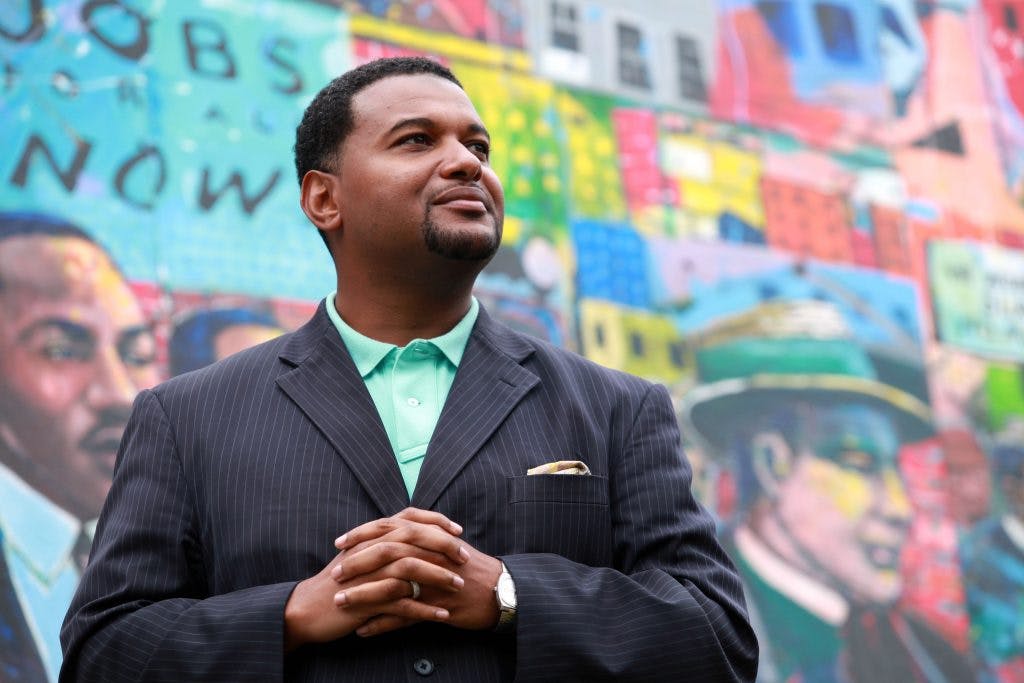
Public and Urban Policy (MS)
As a child, Nathaniel Smith, MS Public and Urban Policy ’00, knew that he would grow up to fight for civil rights and social equity. Raised in Atlanta, he admired the work of his parents, who had engaged in civil rights activism under the tutelage of Martin
Luther King, Jr.
“I saw the importance of everyday people working to create a better society,” the Milano School of Policy, Management, and Environment alumnus said.
Since 2008, as founder, chief equity officer, and CEO of the Partnership for Southern Equity (PSE), Smith has led efforts to promote growth and opportunity in the metropolitan Atlanta region and the American South as a whole. The organization takes on
problems resulting from racial, economic, and class disparities, fighting for energy equity, economic inclusion, and equitable development. It has succeeded in influencing transportation and environmental policy.
“One of our basic goals is to ensure that the color of your skin or your zip code doesn’t dictate the opportunity you have to reach your full potential,” Smith said.
Along with working at PSE, Smith is also part of the US Water Alliance task force team in Atlanta, which advocates for equitable water policies and practices. Smith says he wants to ensure that the $40 million green stormwater infrastructure project
planned for southeastern Atlanta, designed to reduce neighborhood flooding, benefits low-income communities.
As he prepares for the future, Smith recalls how his time as a student at Milano helped him become the leader he is today. He is particularly grateful to Susan Morris, then Milano’s associate dean of Student Affairs, who, he said, had “a deep commitment
to students of color.” At The New School, Smith was a founder of the conference “Raising Consciousness: How Public Policy Affects Communities of Color.”
“I can’t imagine going to another school,” he said about Milano. “They didn’t want to challenge the way I look at the world; they wanted to strengthen it. They challenged me to be bold and courageous around issues of injustice. If it weren’t for Milano,
I don’t know if I would have had the opportunity to lead in that unique way.”